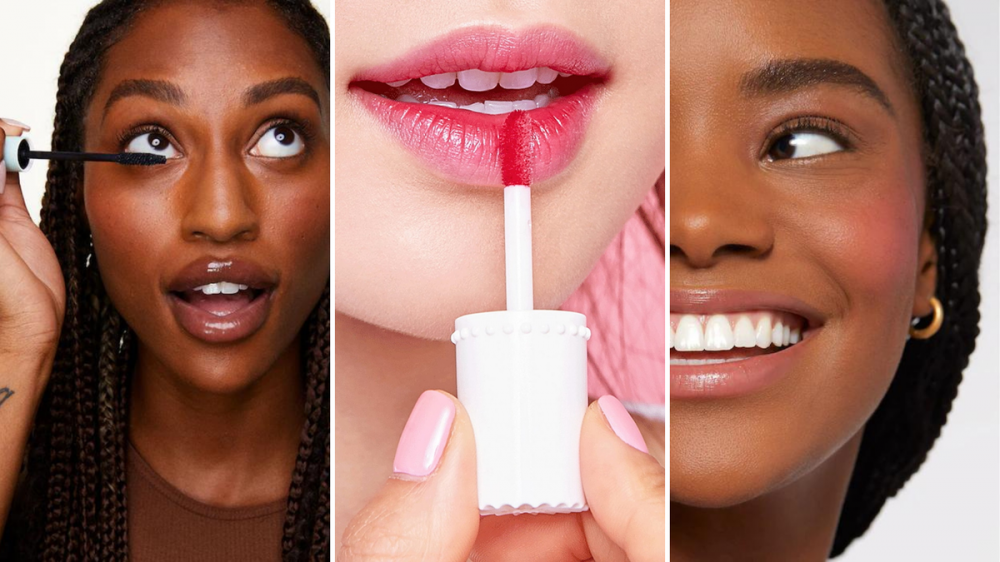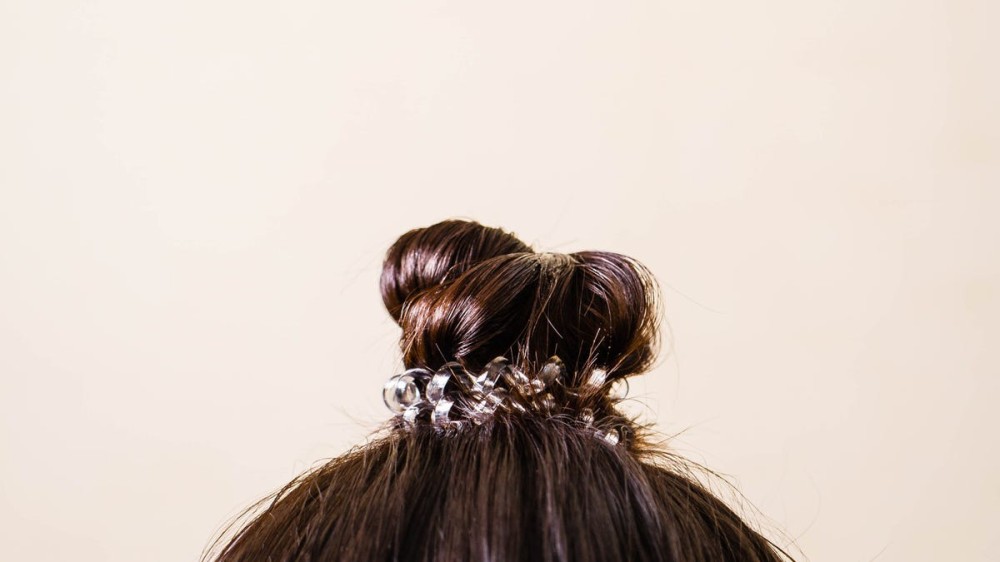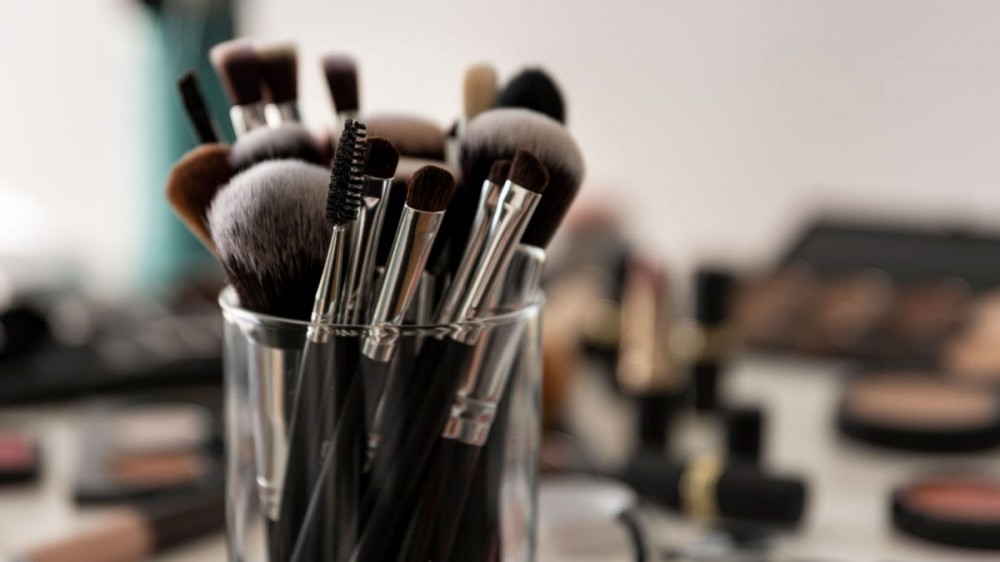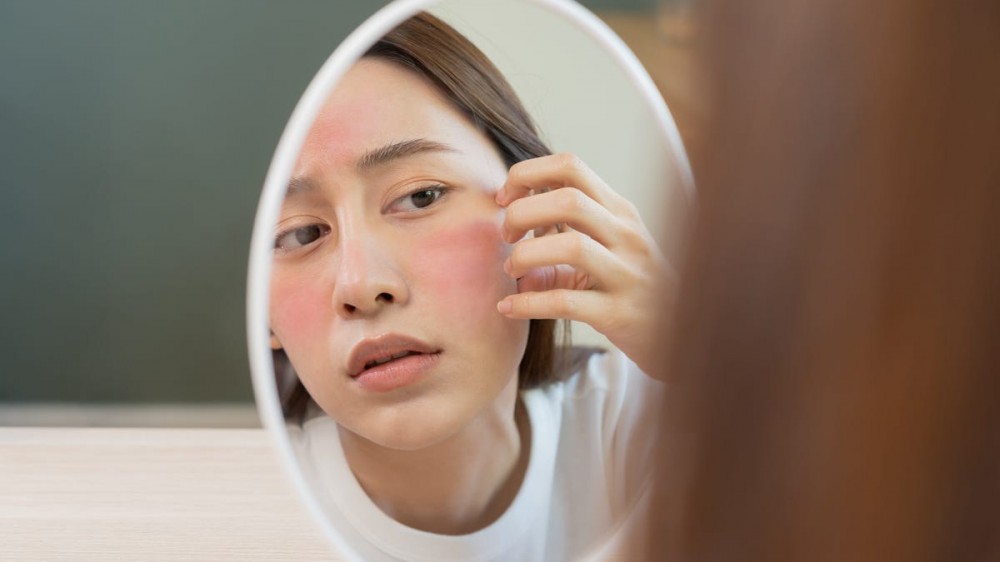
With so many trendy treatments out there, it’s all too common to overwhelm your skin with products and ingredients that do more harm than good. But how can you rescue your skin when this happens? We’ve got some answers!
Every day, it seems some new skin care brand claims it has the Holy Grail to cure all of your skin woes. However, your skin isn’t meant to be constantly absorbing new products and strong ingredients. Sometimes, it fights back in the form of breakouts, redness, irritation, or dryness. If this has happened to you, don’t be alarmed; if you follow a few easy steps, you can repair your skin.
What Causes Skin Irritation?
There are so many trendy skin care products and treatments out there, it’s easy to feel overwhelmed. Not every treatment is meant for all skin types, though, and not every treatment should be combined with another. According to dermatologist, Dr. Shari Sperling, making the wrong choice to solve a simple skin problem is often what causes a spiral.
“Between allergic reactions and skin sensitivities, it is important to get the right combination of treatments to have the best outcomes,” Sperling said. She also noted that skin rashes are often mis- or overtreated with over-the-counter products designed for a different type of rash.
According to Dr. Snehal Amin, dermatologic surgeon at MDCS Dermatology, two major skin problems can be connected to products: allergic or irritant.
“Some can have a reaction via their immune system to a very small amount of product, and it can last for weeks,” Amin said. “The other is irritant dermatitis and is caused by excessive chemical or mechanical applications to the skin. In other words, everyone will get a rash if they use dishwashing soap on their hands instead of regular skin soaps.”
Amin also cited the following most common sources of skin irritation:
- Excessive scrubbing or exfoliation: “Our skin is very delicate. So, more scrubbing or picking or washing is almost never better. Even plain water can be harsh for certain skin types.”
- Excessive soap or cleansers: “Our skin has oils and proteins, as well a dead cell layer to protect it. Soap breaks down oil and protein, so it removes this protection. Too much soap can trigger an irritant reaction. Soaps also have a high pH, so they strips oils and cells from skin.”
- Products that contain benzoyl peroxide: “[These] can cause chemical irritation to already sensitive skin suffering from acne or rosacea.”
- Products that contain retinol: “[These] can cause excessive exfoliation and redness, especially if used around our delicate eyelid skin.”
- Products that contain concentrated hyaluronic acid: “[These] can actually absorb moisture from the skin and dry it out. Excessive Vaseline or inorganic oils can cause comedones and acne.”
What to Do If Your Skin Is Irritated

First, if you’re dealing with irritated skin, don’t panic. Also, don’t rush right out and buy a bunch of products that you think might “fix” the problem. Sperling recommends a stop-and-wait approach.
“Sometimes, just stopping the treatment will help your skin improve,” Sperling said. “Other times, prescription medications can help skin revert to normal. Either way, the key is to remove the offending agent from your skin, then try to treat it gently until the irritation heals.”
Amin agreed and recommends the following steps:
- Stop using the offending agent. “You may be reacting to something you have used for a long time, so don’t assume your long-term eye cream is okay.”
- Don’t use random items in your bathroom cabinet. “You may not be allergic to bacitracin ointment if used once on an abrasion on the knee, but you may be allergic to it if you put it all over your face for a week straight.”
- Use gentle products. “[Try] a good, simple moisturizer and soap combination. I think trying hydrocortisone ointment that is available over the counter is also not a bad idea.”
- If the above steps fail, see a dermatologist.
How to Soothe Irritated Skin
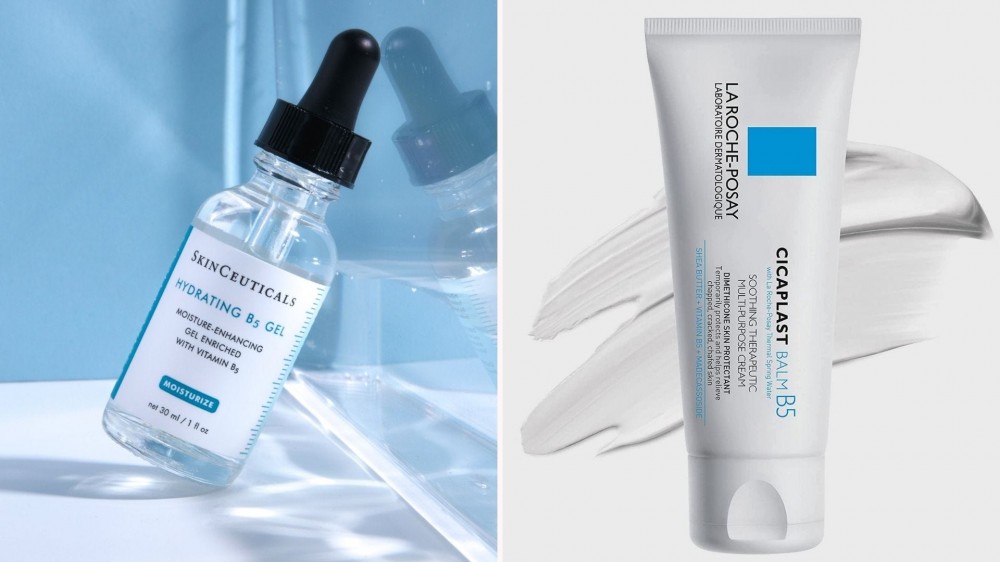
Both Sperling and Amin emphasized the importance of not slathering on a bunch of new products immediately after dealing with an episode of skin irritation. Once the immediate problem has been handled, try to use only products that will protect your skin from any further damage.
It’s also a good idea to steer clear of any strong active ingredients, dyes, or perfumes. For long-term use, especially for dry or sensitive skin, Amin recommended Skinceuticals Hydrating B5 Gel.
“It’s an oil-free serum which combines B5 and hyaluronic acid,” Amin said. “It is soothing, lightweight, and won’t cause skin irritation or allergies.”
If it’s protection against the elements you’re looking for, Amin suggested La Roche Posay’s Cicaplast Balm B5.
“This is a thicker cream which protects damaged sensitive skin against wind and cold,” Amin explained. “Vitamin B5, shea butter, and madecassoside work together for a nongreasy layer of moisture and protection that is gentle enough for even recently damaged skin.”
If you’ve been dealing with irritated skin, it’s good to know that just taking a break from all products for a bit could solve the problem. When you’re ready to restart your routine, just be sure to check those labels and avoid any strong ingredients for a while. If the problem persists, call a dermatologist—they can help you figure it all out.




